Sarah Schulman: Problem reframing is really about values
Sarah Schulman is a Founder of InWithForward, and its Social Impact Lead. As a sociologist, Sarah is fascinated by what makes individuals, families, and policymakers tick. She’s worked with federal, regional, and local governments in 6 countries to shift how policies are made and measured. Her experience working within bureaucracies sparked her interest in redesigning them.
At the summit, Sarah will share her experience in designing impactful social solutions.
The aim of design thinking and your approach to Grounded Change is to change the order in which most social policies and services are created. Rather than starting from the top (policymakers), the aim is to start with people and understand how they live their lives.
In your experience, what is the most challenging aspect of this inverted journey? Why do the bottom-up initiatives sometimes not survive?
Quite simply, power. Ground-up work shifts who holds the power to name and frame issues, and from whose perspective we define outcomes and risk, and such work requires courageous leadership and deep commitment to contesting the status quo. These conditions are infrequently present and must be intentionally cultivated. Too often, human-centred design projects start in the wrong place — accepting the logics and mental models of the status quo, rather than strengthening the conditions to identify and contest those logics and mental models.
How much do you use co-creation in ideating solutions to social problems? Do people really know the best solutions to their problems? How to avoid the situation where people just want “faster horses”?
Co-creation is one key value and approach with which we approach idea generation — but, on its own, we find it insufficient. Who is invited to do co-creation is key, as are our collective reference points for alternative futures. Ethical co-creation starts by really getting to know the folks who have been most marginalized by dominant systems, and for whom existing solutions don’t work. That requires significant community outreach and mobilization — spending enough time in context to find the folks that would not typically engage in co-creation workshops or who have found their own work-arounds to challenges. We call these folks the positive deviants, and we seek to learn about their strategies & practices to live the kinds of lives they value.
Alongside tapping into deeply lived experience, we also tap into our imaginations — finding lateral examples from around the world, looking to history & cultural communities for case studies, and using more playful methods like speculative fiction to help us visualize other ways of being and doing. None of us knows what we don’t know — and so we have to do with what the scholar and community leader Robin Kelley terms “freedom dreaming".
What are the main competencies and people you involve in solving a complex issue?
First of all, we find it helpful to move away from the problem-solution binary, and the very notion that we can “solve” a complex problem. Problem-solving is too often conceptualized in linear and discrete ways, rather than as a continuous process to foster the conditions for people to exercise agency, control, meaning and purpose. There is never one solution to a complex problem.
Instead, there are many interventions required, over time, that ask us to show up and interact in fundamentally different ways. We find some of the core competencies required to do this kind of social change work are curiosity, reflexivity, a love of learning, and a willingness to re-think boundaries and roles.
Can you give us an example of the most creative method you have used to immerse yourself and the team in the issue you are trying to solve?
When we first came to Canada, our team moved into a social housing complex for three months to get to know all of our neighbours, about a quarter of whom lived with developmental disabilities. Each day, we tested a new community activation — like turning the elevator into a giant colouring book with crayons hanging from the ceiling to offering a 5 pm drink service to each apartment.
In every project we do, we develop surprising and delightful pop-up events and community activations to meet people in the places & spaces they live and signal that we are not part of the dominant system. Our goal is to start interactions in ways that, we hope, feel reciprocal and to contort social conventions that serve to exclude and keep us apart.
Do you use some specific tools or methods for reframing the generic problem into a specific one to be solved? How to evaluate the myriad of problems you face during the discovery phase?
Rather than specific tools, we find problem reframing is really about values. Perhaps that’s been of our biggest lessons over the years, it’s not about using a particular technology - be that profile cards, empathy maps or prioritization matrixes, although those can be useful — it’s about taking the time to make visible the underlying values, beliefs, logics, and mental models that are driving how we see people and problems. Doing this kind of deep values-based work requires that we build deep relationships and long-term partnerships, first. There are no magic tools, technologies, or workshops.

